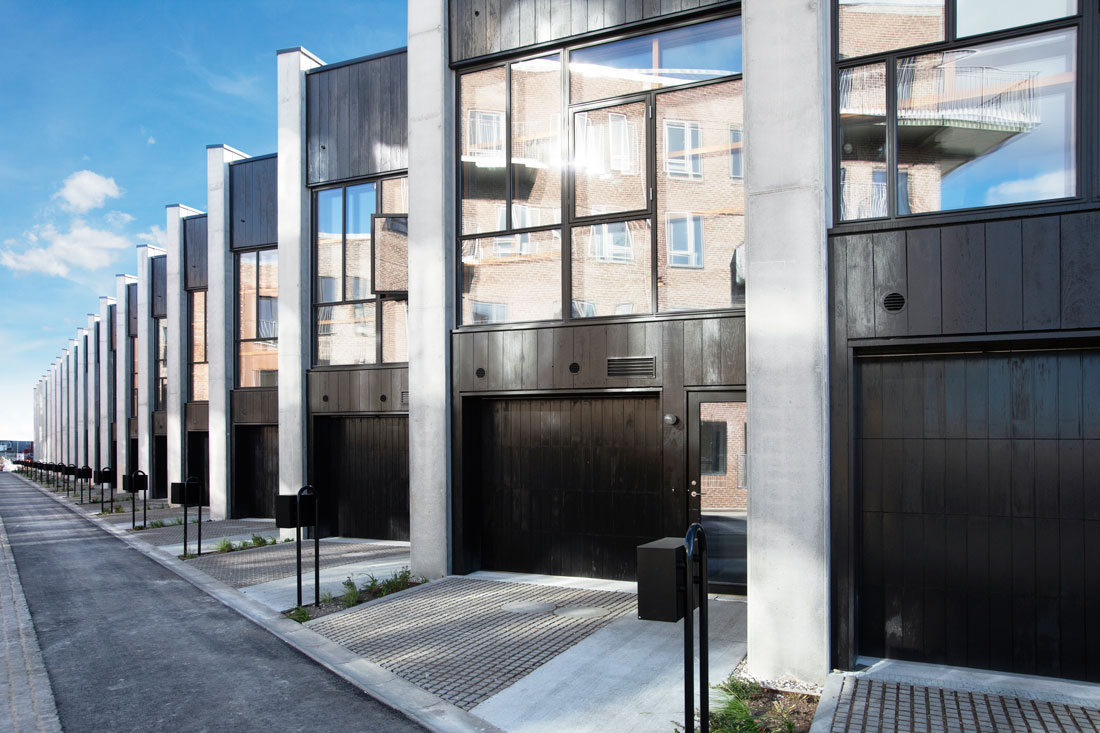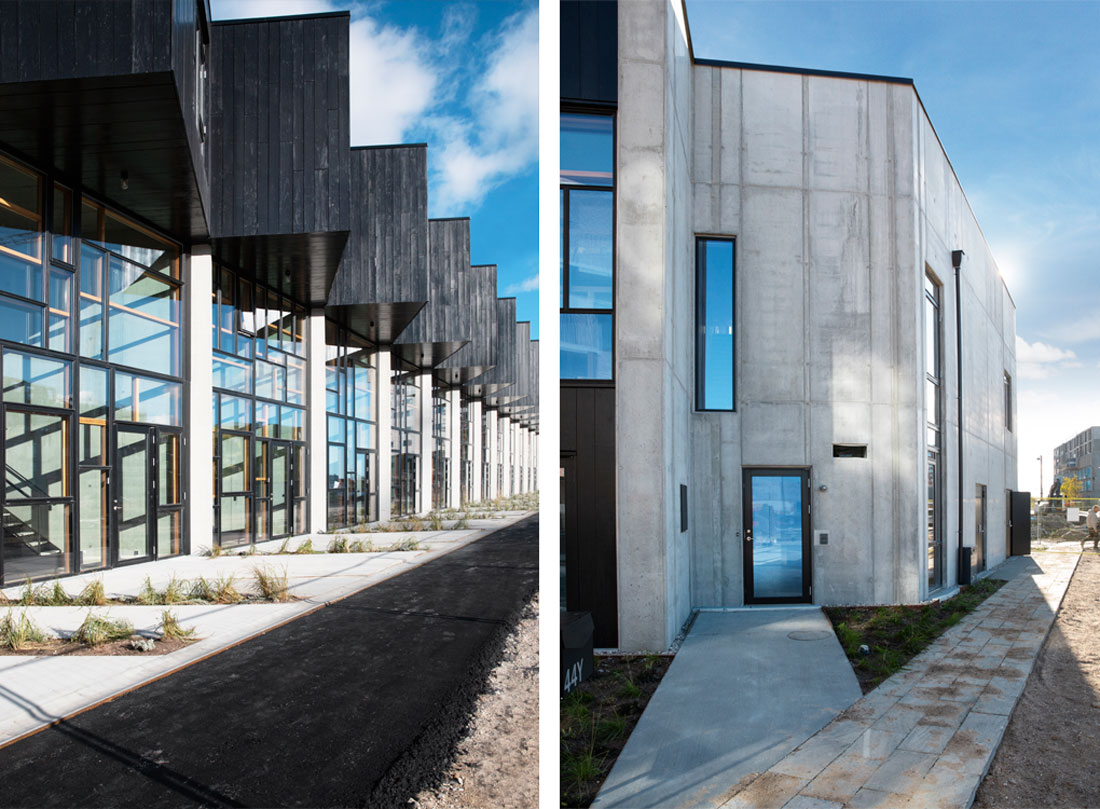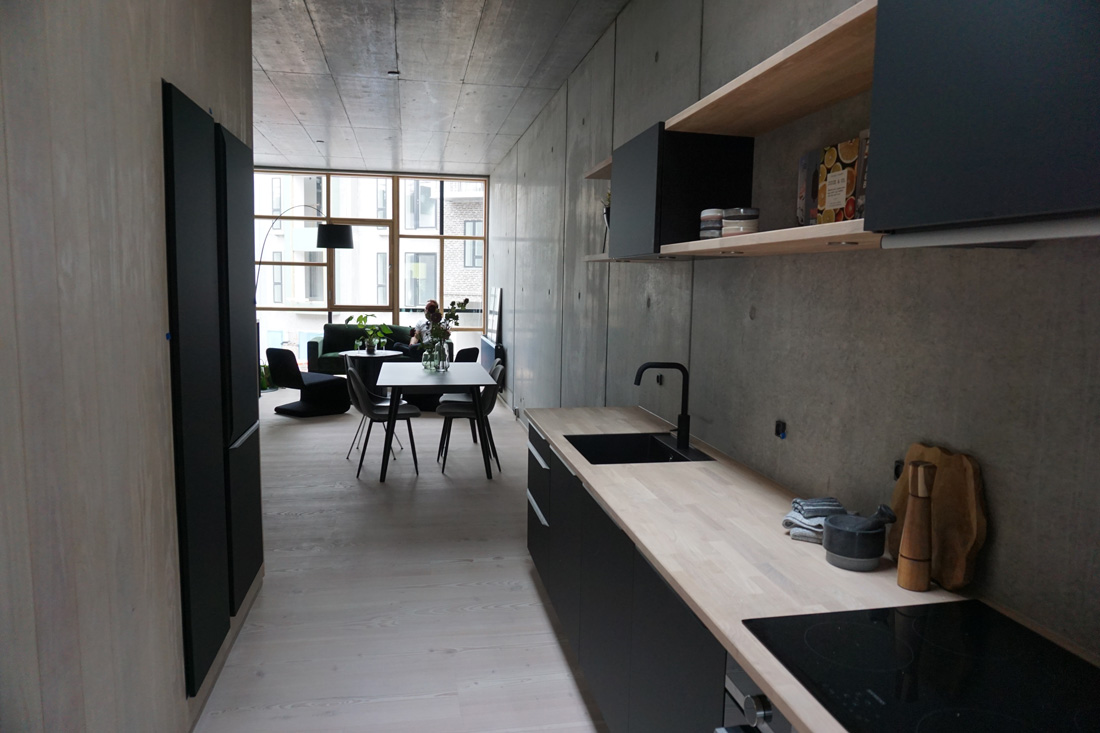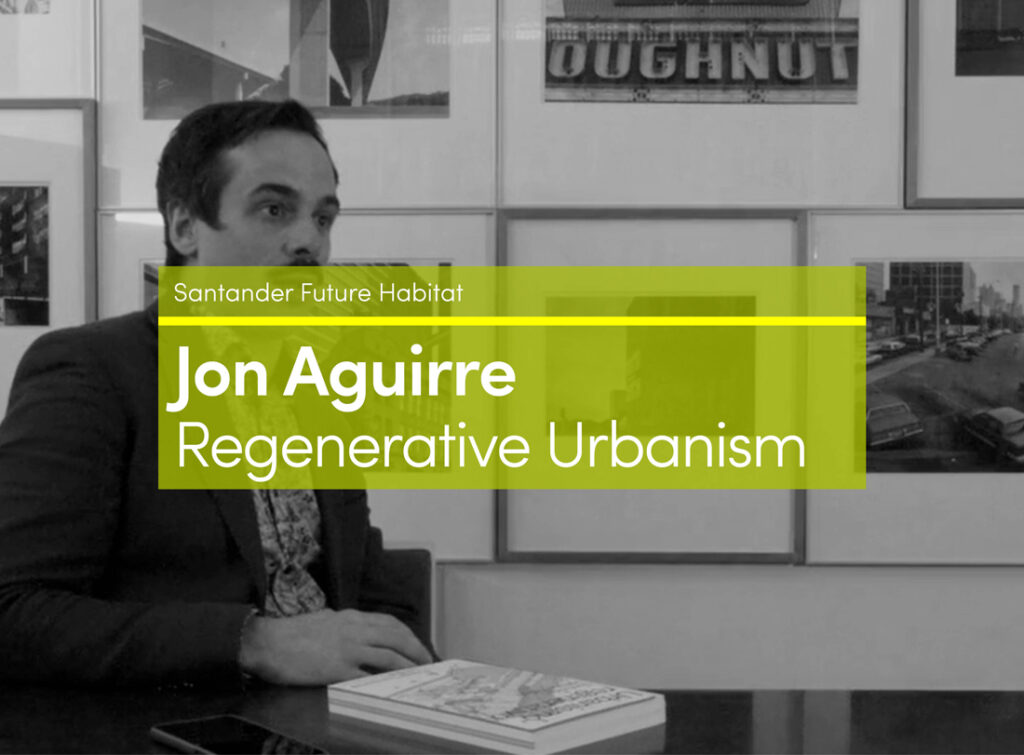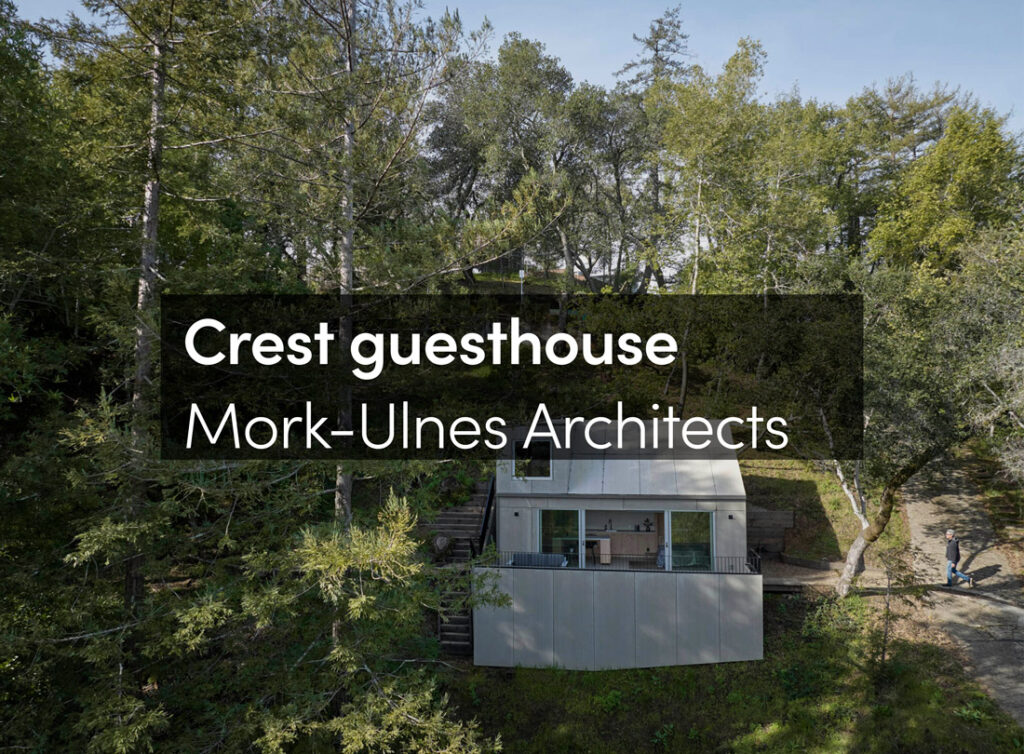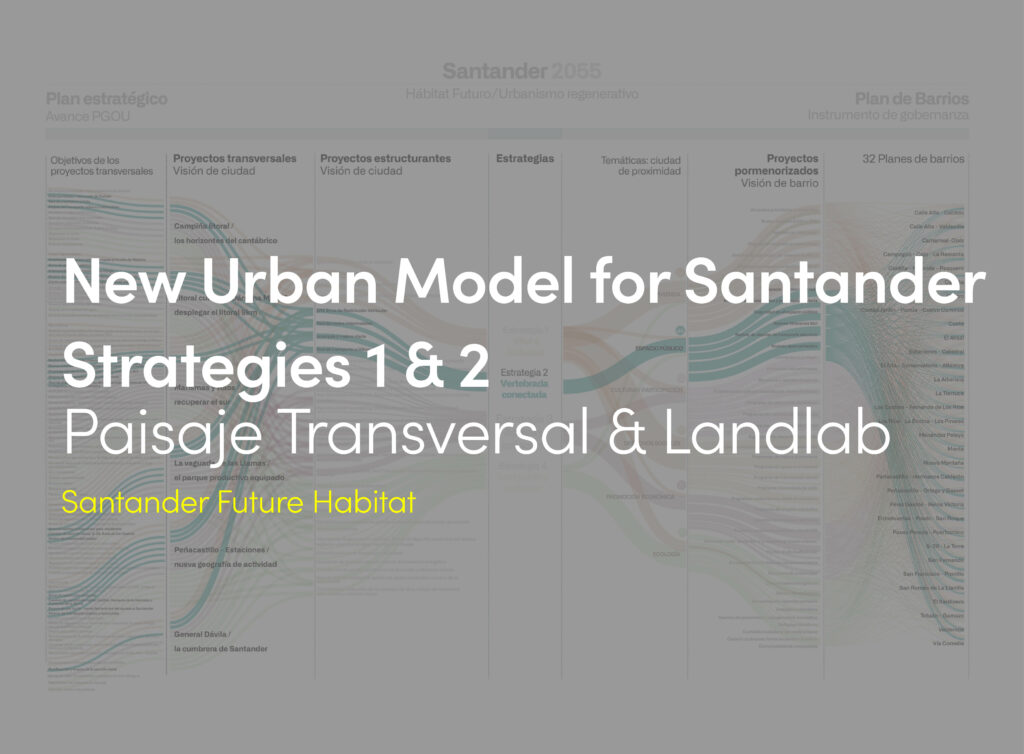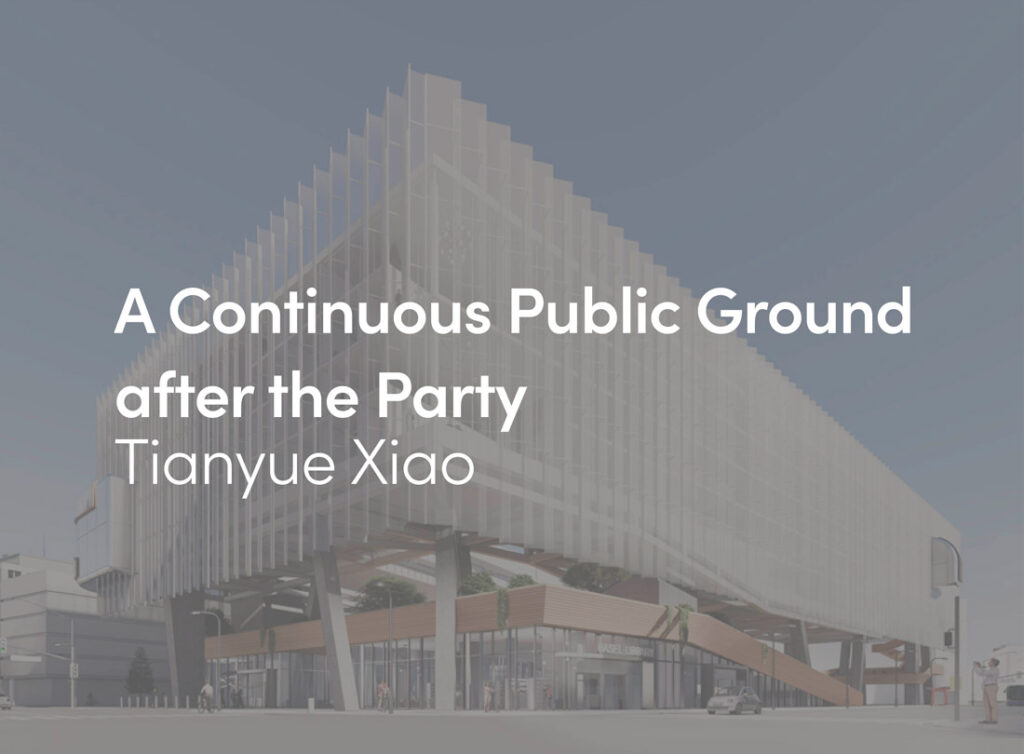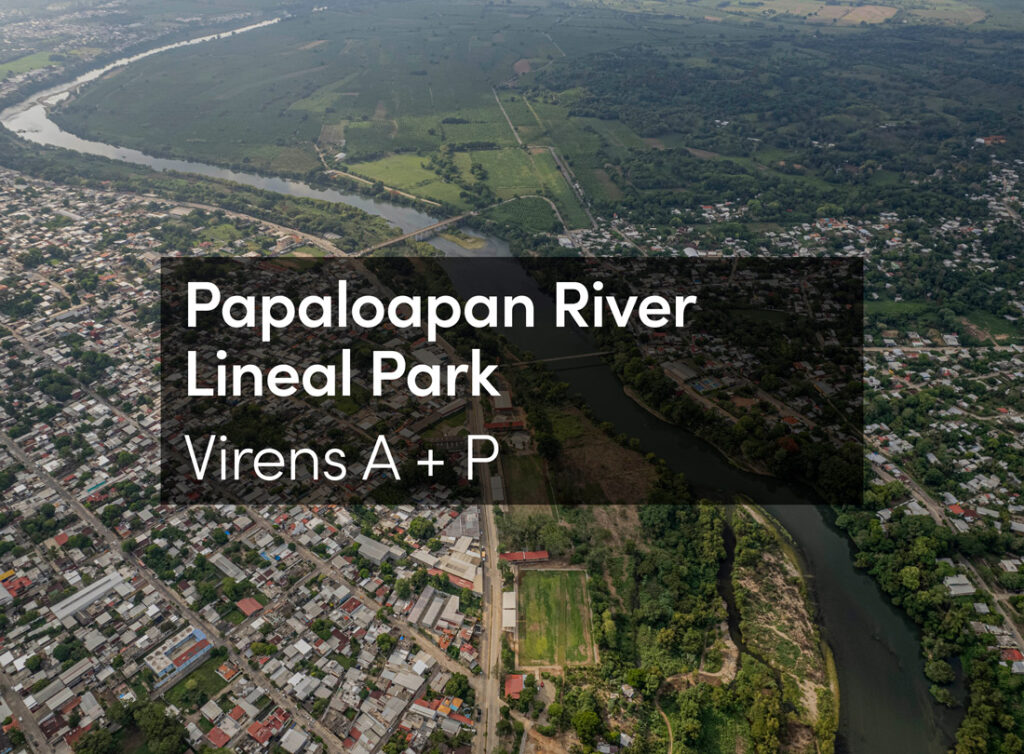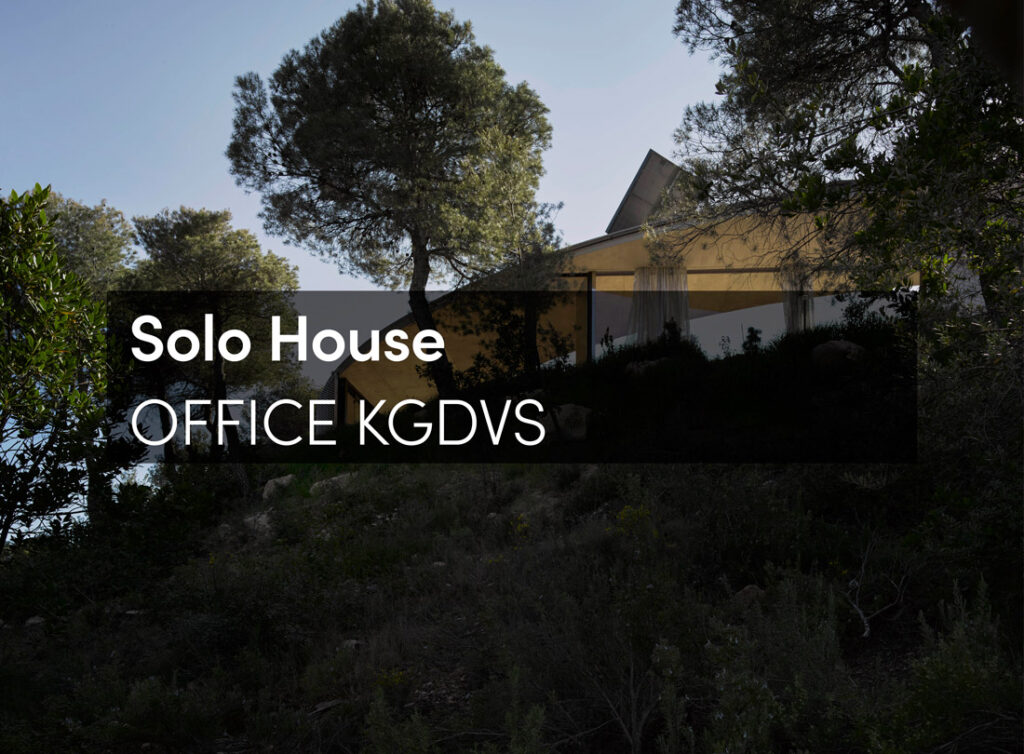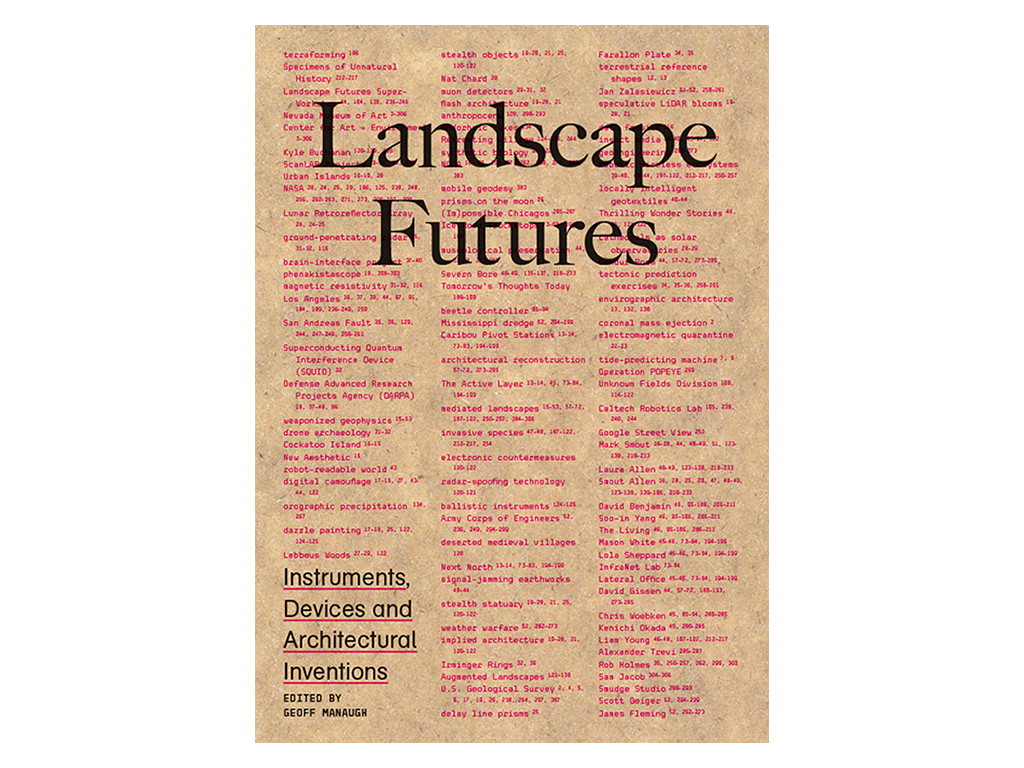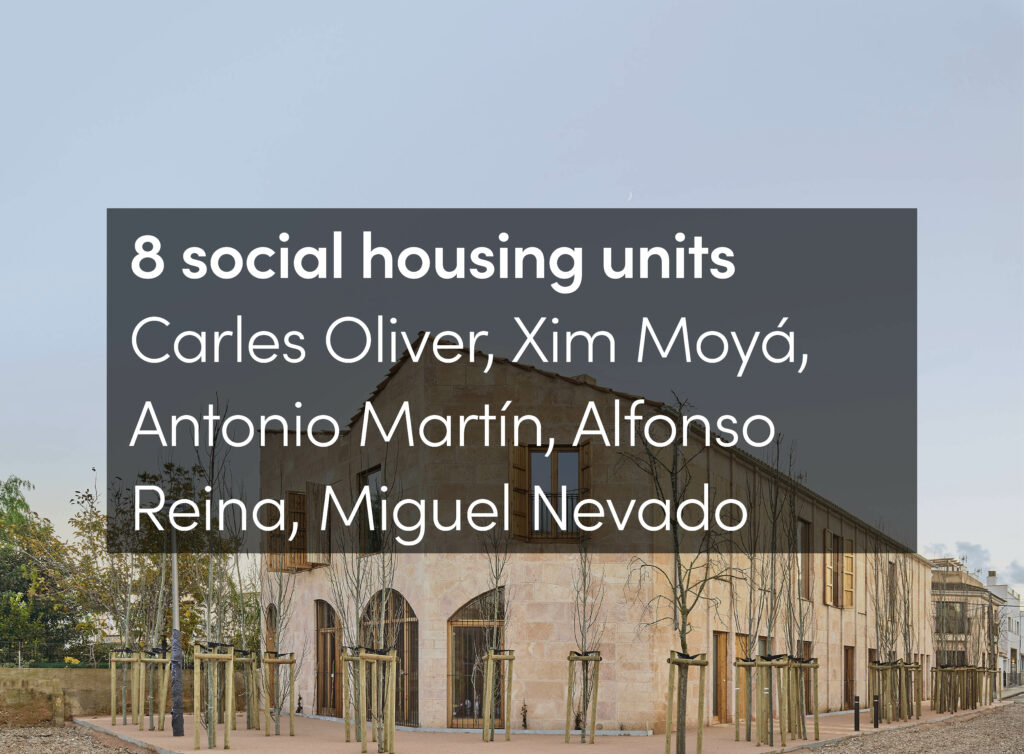Modern cities stand as proof of mankind’s great achievements. Raised and expanded in a time of seemingly infinite resources and production possibilities. And they are still growing. In just one week from now, 3 million people will have completed their move from rural to urban areas.
The increased demand for housing means that an estimated 60 percent of the new urban areas needed in 2030 have not yet been built. This is solvable, but it has a flipside – half of a building’s lifetime CO2-emissions originates from the materials used and the building process. The built environment alone is responsible for 30% of our global emissions. But it does not have to be this way.
In nature, waste does not exist. Organisms regenerate themselves and use dead organic materials as important nutrition and building blocks for future growth. Imagine if you lived in the city that metabolized in the same way. It is not just a utopian concept. The first building has just been finished and more are on their way.
A Circular Solution
20 new three storey terraced houses in Copenhagen tell the story. With the commercial housing project, Upcycle Studios, the architects from Lendager Group demonstrates how we can build sustainable buildings from waste without having to compromise on quality, aesthetics or price. The houses are constructed of upcycled concrete, glass and wood – making it a project that taps into circular economy. And what differentiates Upcycle Studios from the “average” sustainable building is that it is a commercial project, build on market conditions and designed for scale.
Upcycle Studios shows how we can decouple growth from emissions by looking at waste as a resource and making sustainability and growth each other’s prerequisites. Lendager Group has developed upcycled materials designed for implementation on industrial scale. The products are harvested and processed locally, creating local jobs and enabling the construction of tomorrow’s cities from today’s waste globally.
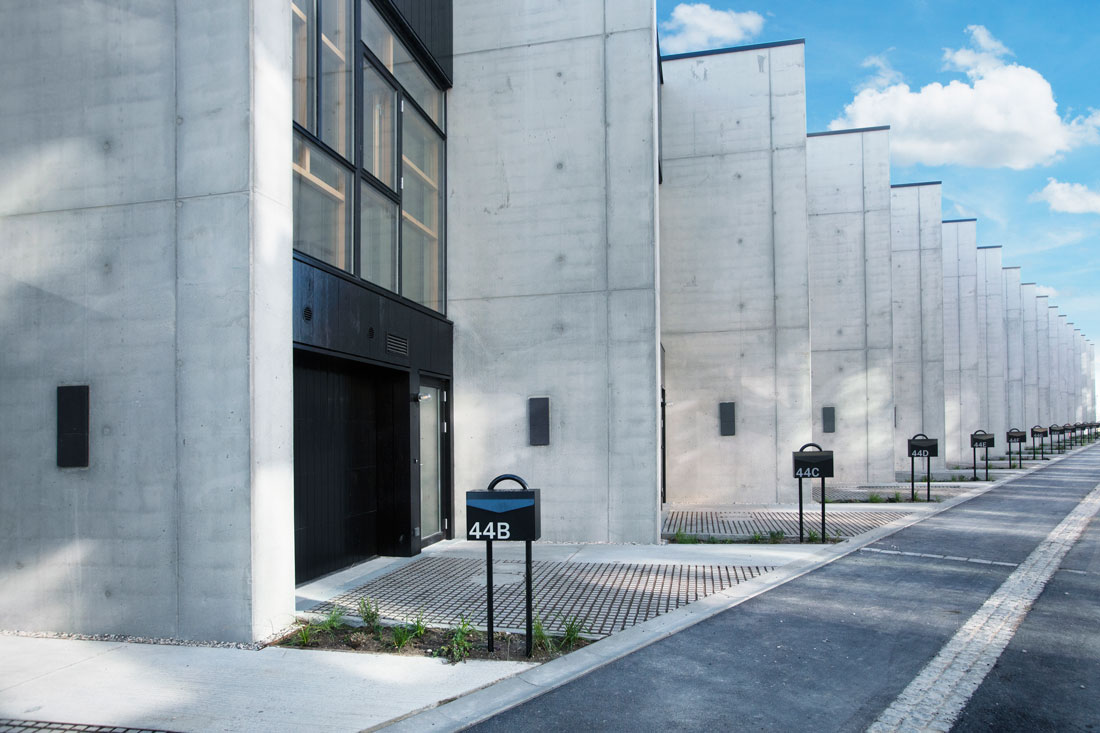
Designed for the sharing economy
Located in Copenhagen, Denmark, Upcycle Studios are designed to be sustainable both from an environmental perspective, an operation perspective, an indoor climate perspective, a bio diversity perspective. But also socially by fostering neighbourly relations and increasing sharing economy potentials – all of which adds a value to the physical space.
As one of the world’s most alternative and sustainable building projects, the waste materials used in Upcycle Studios are upcycled to nontoxic and certified materials. The houses are designed with a spacious experience where all the elements of the house help to promote sustainable living, create good indoor climate and to make sharing easier. The houses can be easily divided and shared. Some areas can be used as offices and others as rental accommodation, workshop and other user-defined needs. With rooftop solar panels the houses are potentially self-sufficient. The biodiversity of the neighbourhood increases with the roof gardens – it is a housing project with a design that incentivizes sustainable living and sharing economy.
Upcycle Studios demonstrates how buildings can be a vital part of the solution to the climate crisis. Creating cities and buildings in a smart way that utilize and value all its resources and enables us to enhance biodiversity, accelerate sustainable growth and improve the quality of life for our growing population. Wouldn’t you love to live there?
The solutions
To solve the climate crises, we need to develop not only sustainable but regenerative solutions. Upcycle Studios demonstrates how buildings can be a vital part of the solution.
Upcycle Studios are exclusively sustainable housing with minimal or no operating costs.
The mission of the project was to construct the first residential area built by upcycled and local waste materials without compromising on ascetics, quality or price. Below we will take a closer look at the unique solutions.
The larger picture
The upcycled materials used to build the residential buildings help minimise emissions. Upcycle Studios reduces the total CO2 emissions considerably over the lift of the building.
Upcycle Studios potentially reduces the total CO2 emissions over 50 years by about 60 percent. This not only make it a circular home of tomorrow – it also becomes a pioneer housing project with a design that incentivizes sustainable living.
Windows
One of the first materials that got us one step closer to our target was glass. When modern buildings are renovated the healthy windows either end up as waste in a landfill or the glass is crushed and melted to new use using a lot of energy. By reusing the windows and using wood and not aluminum for the window frames Upcycle Studios saves as much as 95% CO2 in the production process.
To meet the modern isolation standards the huge windows in the building consist of two-layer recycled double-glazing. Not only do the windows match the performance of new windows. They also match the price
Wood
All the wooden floors, walls and facades are produced by offcuts and surplus wood from the Danish wooden flooring company Dinesen. Dinesen is a high-end floor manufacture that would otherwise have burned the material releasing CO2.
Lendager Group has upcycled the materials and turned them into beautiful and viable building materials. This means you will get sustainable luxury floors at a fraction of the cost.
Concrete
Except for water, concrete is the most commonly used material in the world. And global trends suggest that it will remain so in the future. From 2011 to 2013 China used as much concrete as the US did in the entire 20th century. With concrete already being responsible for almost 5 percent of global CO2 emissions, this is a challenge that needs solving. Not only to decrease the 5 percent but more importantly to ensure that emissions does not increase, as the need for the buildings and concrete increase with the demand of the growing population and middle class.
In Upcycle Studios 850 tons of concrete is cast on location from the concrete refuse from the construction of the Copenhagen Metro using a new technique develop by Lendager Group.
Solar
Upcycle Studios saves 15 tons of CO2 annually per unit using renewable heating using solar power combined with geothermal energy.
